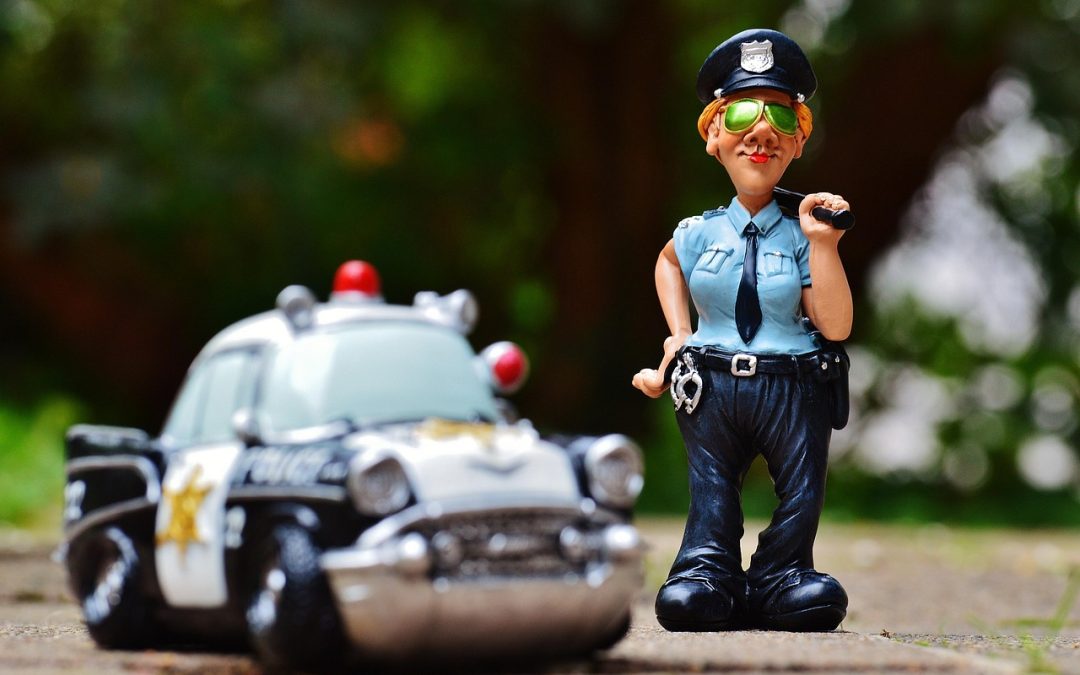When a police encounter takes an unexpected turn, it’s natural to feel anxious, confused, or upset. However, it’s crucial to remain calm and focused on protecting your rights and safety. Knowing what to do immediately after a negative police encounter can help de-escalate the situation, ensure your well-being, and potentially affect the outcome of any subsequent legal proceedings.
Stay Calm and Assert Your Rights
In the heat of the moment, it’s essential to prioritize your safety and avoid actions that could be misinterpreted or escalate the situation. Remember, your goal is to de-escalate the situation while still asserting your rights. Here are some key principles to keep in mind:
- Avoid physical resistance, yelling, or aggressive behavior, as these actions can lead to further escalation and potential harm.
- Keep your hands visible and avoid sudden movements, which can help to reduce tension and potential misunderstandings.
- Be respectful and courteous, addressing officers by title (e.g., “Officer” or “Officer [Last Name]”), as this can help to de-escalate the situation.
- Clearly and calmly express your rights, such as requesting a lawyer or remaining silent, as these can help to protect you from potential violations of your rights.
Understanding Your Rights During Police Encounters
It’s essential to understand your rights during police encounters, as these can significantly impact the outcome of the situation. Some key principles to remember include:
The Fourth Amendment protects against unreasonable searches and seizures, requiring probable cause or a warrant for searches. However, if you consent to a search, you may waive these protections.
In addition, the Miranda rights, as outlined in Miranda v. Arizona (1966), require law enforcement to inform you of your right to remain silent and your right to an attorney before proceeding with any interrogation.
Furthermore, stop-and-identify laws, such as those in Nevada (NRS 171.123) and Louisiana (RS 14:108.1), may require you to provide identification in certain circumstances. However, it’s essential to understand the specific requirements and limitations in your state.
“The right to be let alone – the most comprehensive of rights and the right most valued by civilized men.” – Justice Louis Brandeis, Olmstead v. United States (1928)
Seeking Support and Guidance
After a negative police encounter, it’s essential to seek support, guidance, and potential legal counsel. Remember:
Stay informed about local laws and regulations in your area, as these can impact your rights and the actions you take during a police encounter. Seek out trusted resources, such as the ACLU or local legal organizations, for guidance and support.
Remember, knowing your rights and staying calm in the face of a negative police encounter can help to protect your safety, assert your rights, and potentially impact the outcome of the situation. Stay informed, stay calm, and prioritize your well-being.
The information at Observed.Org may not pertain to every jurisdiction. It is YOUR responsibility to know your rights and observe them. Nothing here should be considered legal advice.

